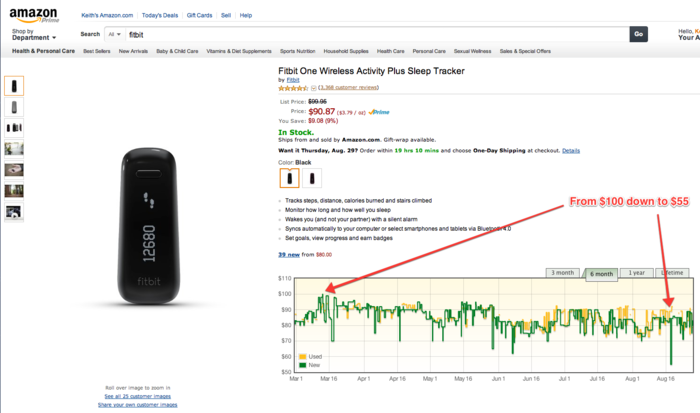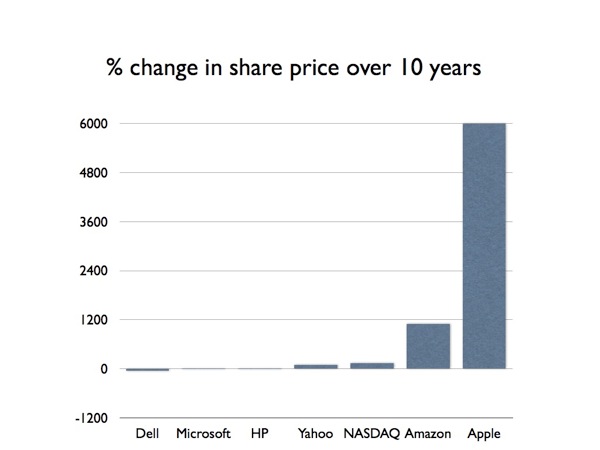Amazon's not-so-subtle influence on IMDb
Since 1998, IMDb (the Internet Movie Database if you didn't know) has been owned by Amazon. The online retail giant clearly has business interests that could benefit from ownership of a site like IMDb, and it might not be unexpected that they may wish to monetize the site by placing strategic ads. The IMDb homepage has remained largely free of advertising content though. E.g. here's how it looked a year ago:
Maybe Amazon are now falling on harder times, or maybe they have a lot of Hobbit DVDs that they really need to shift, because this is what greeted me today when I opened the IMDb home page on my computer:
Not altogether subtle. And what if you want to actually use IMDb to find out some more information about this latest installment in the Hobbit film series? Well, this is what you must endure:
This is horrendous. This is the IMDb page for a film…something which has, in the past, always given the reader an encyclopedic view of a movie. Now you have to scroll down to see any useful information and even then it is not easy to discern the actual content from the overwhelming amount of advertising material. What happens if I mask out everything which isn't actually IMDb info about the film?
At what point should we become concerned by Amazon influencing the IMDb ratings of movies that they would rather see portrayed in a more positive light in order to sell content from Amazon.com?

